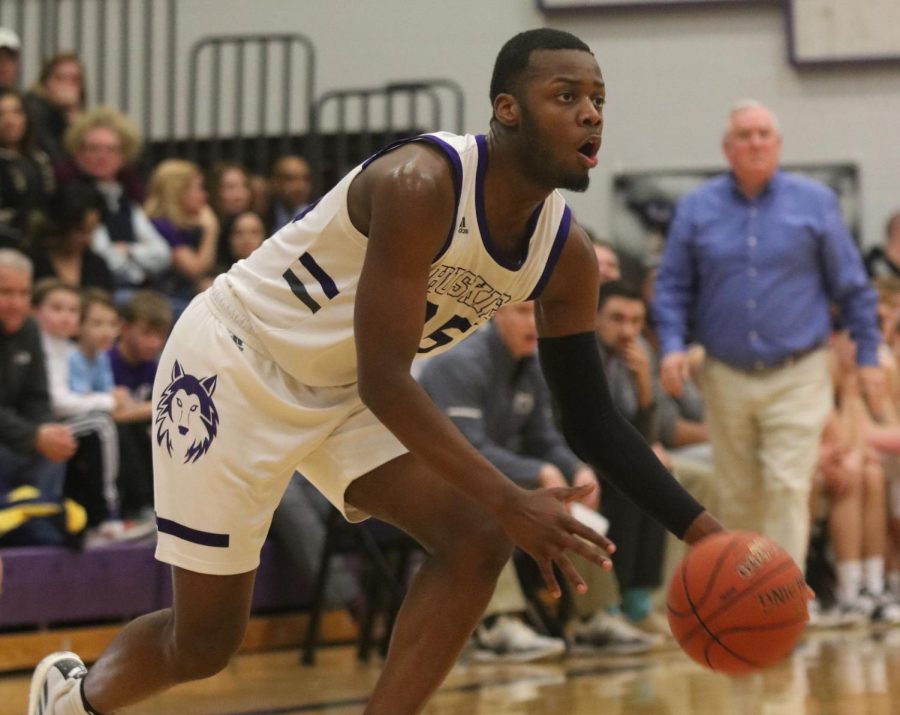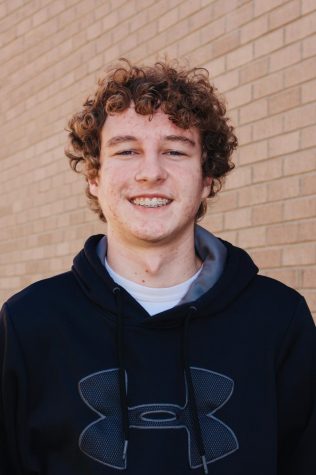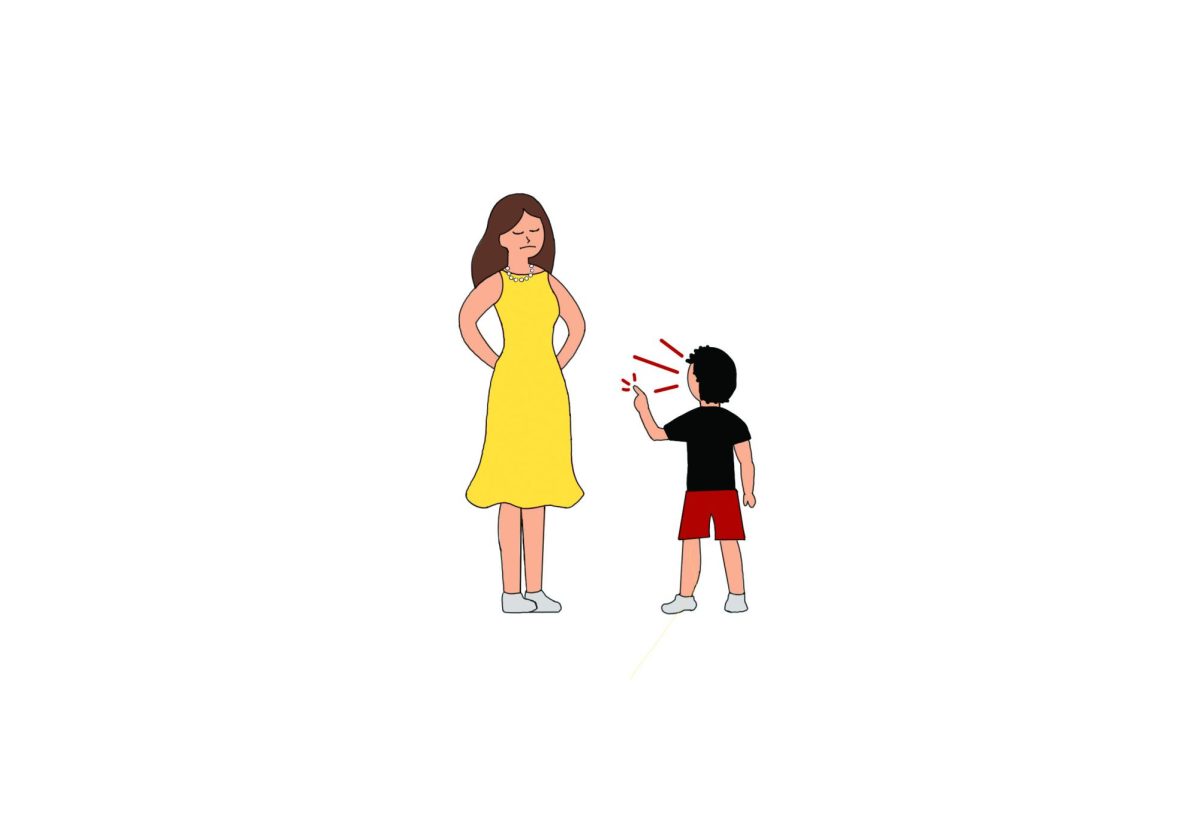NCAA paves way for athletes to profit off names, images and likenesses; BVNW athletes respond
The NCAA’s top decision-makers unanimously voted Tuesday Oct. 29, to start the process of modifying its rule to allow college athletes to profit from their names, images and likenesses. Seniors Ryan Callahan, Markell Hood and Alisa Prinyarux give their opinions on the decision.
November 5, 2019
Ever since the NCAA was founded in 1910, they have stood by their claim and rule that student-athletes are not to be paid, but recently on Oct. 29, the NCAA’s top decision makers voted unanimously to start the process of modifying its rules to allow college athletes to profit from their names, images and likenesses. The board directed the three separate divisions of the organization to immediately begin figuring out how to update their rules in a way that maintains a distinction between college and professional sports.
“We must embrace change to provide the best possible experience for college athletes,” board chair Michel Drake said. “Additional flexibility in this area can and must continue to support college sports as a part of higher education.”
Despite changes coming with the NCAA, Athletic Director Kevin Gerke doesn’t expect KSHSAA to adjust their rules in regard to high school athletics.
“KSHSAA does not allow anyone to be sponsored right now,” Gerke said. “I think there’s always been a pretty significant difference between college athletics and high school athletics. There’s a lot of other factors involved in that whole process, not to mention the fact that you know, we don’t do advertising using the likeness of our student athletes.”
Having committed to KU on a full ride scholarship to play baseball, senior Ryan Callahan said he thinks the opportunity to sign an endorsement deal would be a great opportunity for young players.
“I feel like that would be kind of a cool opportunity to have a young age,” Callahan said.
While he thinks the decision is a smart one with good opportunities, Callahan knows the NCAA will need to find a way to keep it in check, such as putting a cap on how much an athlete could earn or spend.
Senior Alisa Prinyarux is another student-athlete who will be playing at the college level. She committed to the University of Rutgers on a full-ride scholarship to play tennis. While all athletes will have the opportunity to profit off the new rule, Prinyarux said it won’t impact the smaller sports as much.
“[Smaller sports] aren’t as popular as basketball or football, so it’d be harder to get endorsements and sponsorships,” Prinyarux said.
Playing on the varsity basketball team, senior guard Markell Hood agreed with Prinyarux that the decision will have a profound impact on college basketball.
“It’ll have a really big impact,” Hood said. “Because it’s allowing players to not only play just because they love the game, they’re playing for the opportunity to get money before making it to the NBA.”






